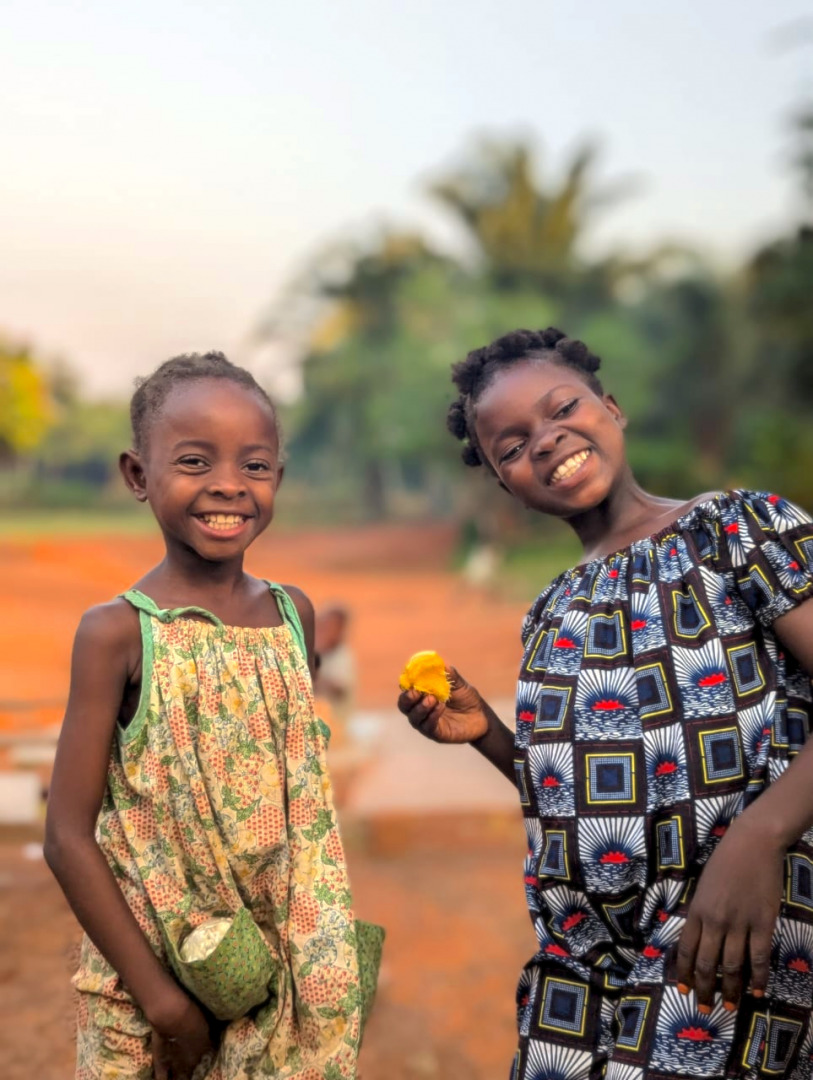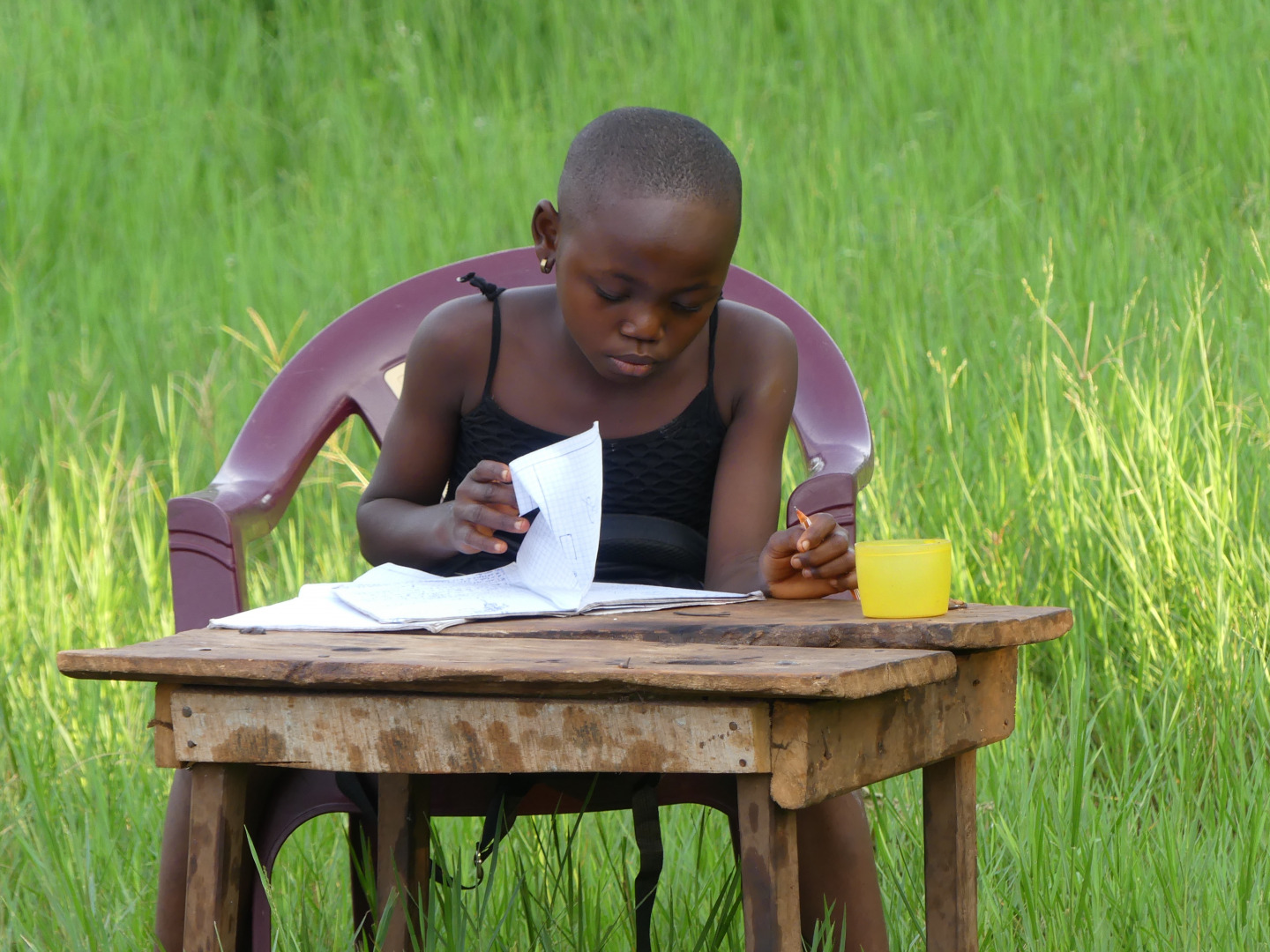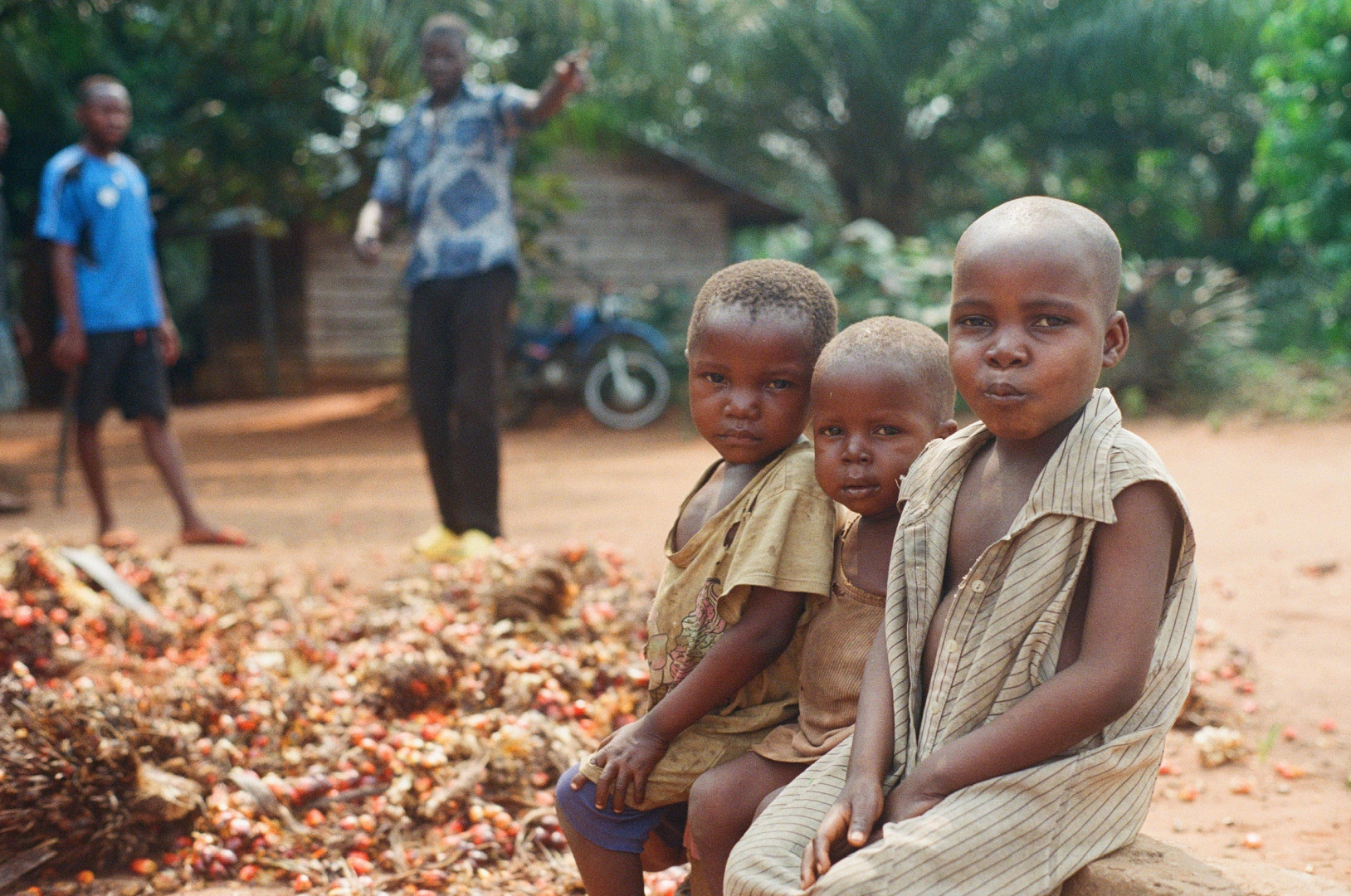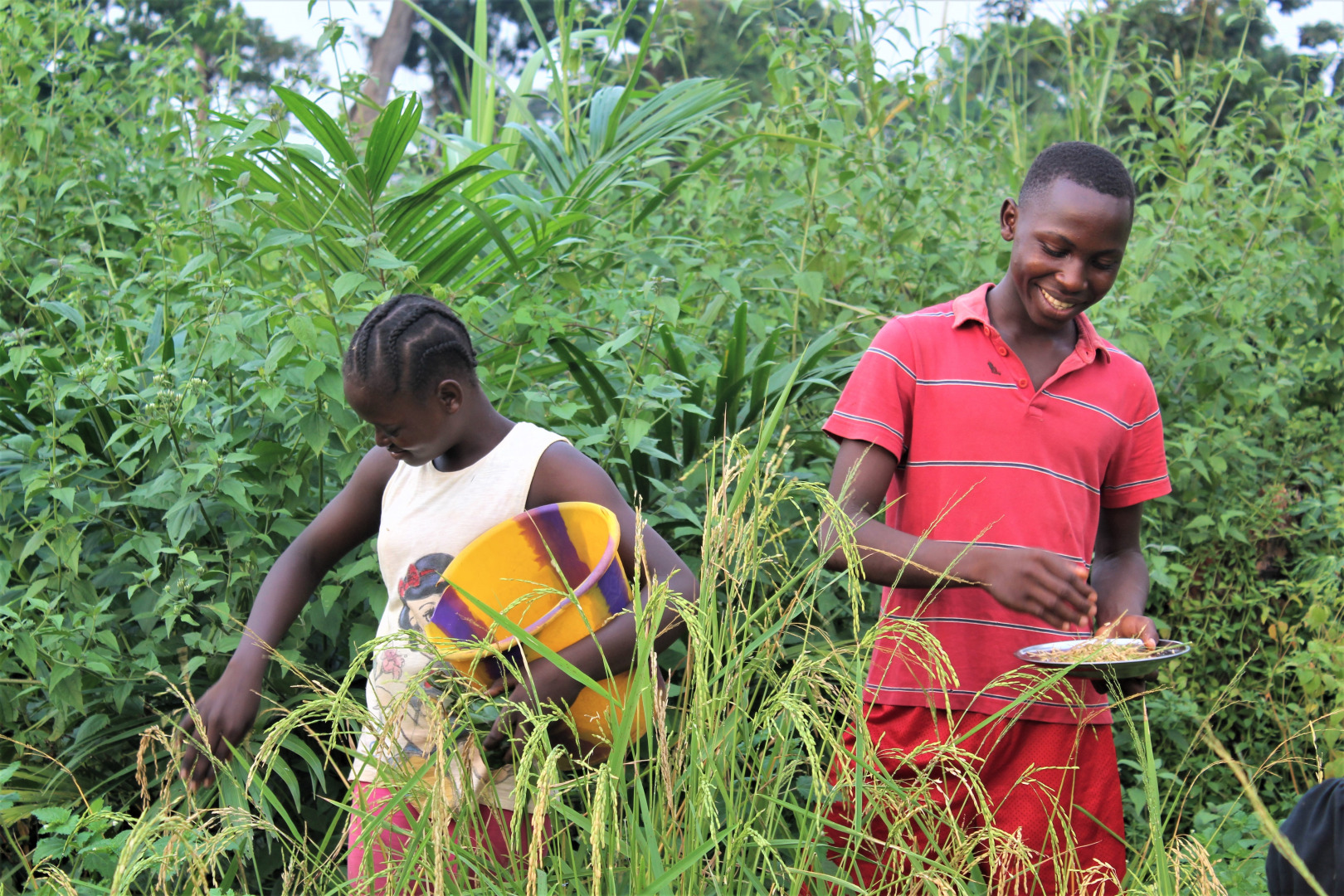Meet Wilita Sanguma | Founder and Executive Director of The Lobiko Initiative
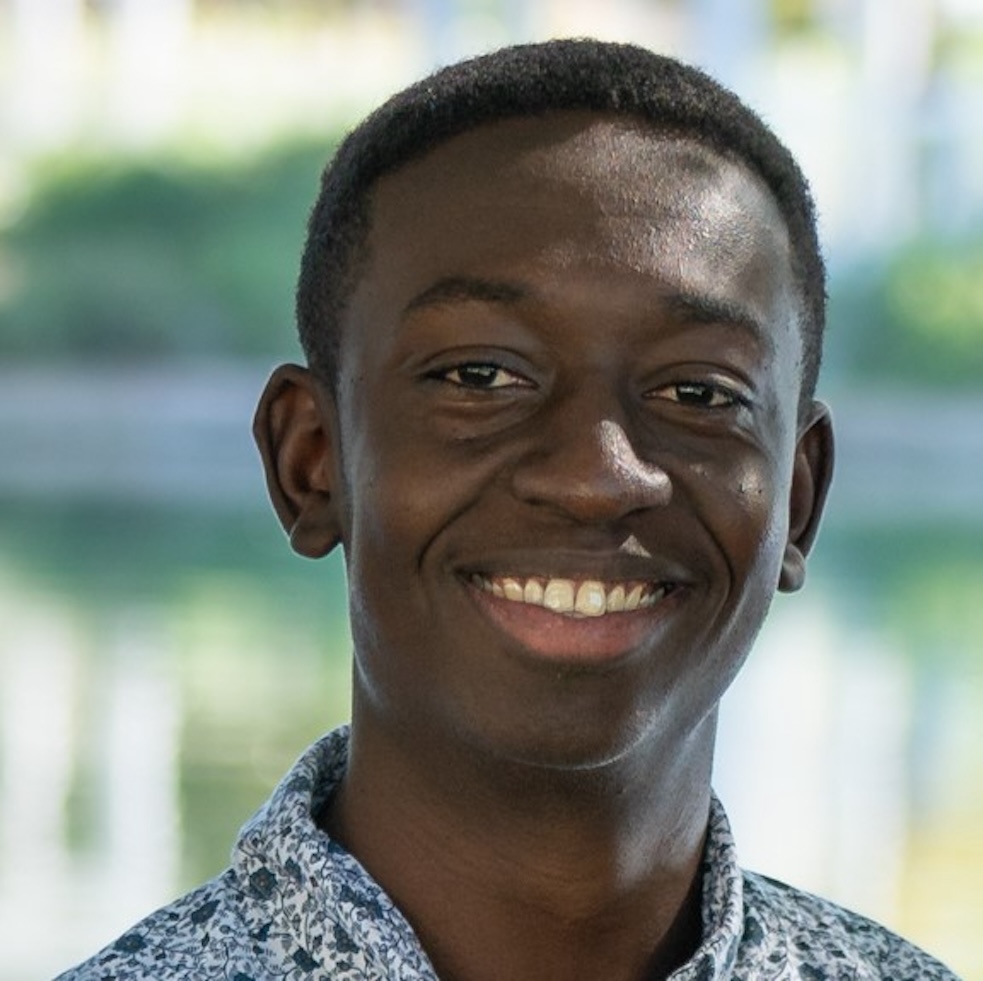

We had the good fortune of connecting with Wilita Sanguma and we’ve shared our conversation below.
Hi Wilita, how has your background shaped the person you are today?
I was born in the Democratic Republic of the Congo, a country rich in beauty and resilience, but also one that has endured incredible suffering. I spent my early years growing up in the middle of one of the deadliest wars the world has seen since World War II, a conflict that took the lives of more than five million people. My childhood was marked not by innocence, but by fear. I remember the constant tension in the air, the feeling that each moment could be our last. Our church was bombed while we were worshiping inside. Miraculously, we survived, but that moment was a turning point. We knew we couldn’t stay. We had to run.
We fled through the jungle, thinking we would find safety, but the war was everywhere. Almost every night was filled with gunfire. I was only ten years old, and yet I saw things no child should ever witness. Militias pointing guns in our faces. Human remains scattered on roads and riverbanks. Entire villages and their residents burned and left in ruins. These memories do not fade. And the heartbreaking reality is that there are still millions of children around the world today living through similar horrors.
Eventually, we were able to escape and resettle in the United States. But even here, life didn’t suddenly become easy. We landed in Pasadena, California, and I quickly became familiar with another kind of violence. I faced racism and bullying. I witnessed gang violence in my community. I felt the deep loneliness of being a refugee, a foreigner trying to find a place in a country that didn’t always feel welcoming.
But my story does not end in despair. One of the most defining moments of my life happened when I was thirteen years old. My parents made the courageous decision to return to Congo to help rebuild our country. But they were afraid to bring me back. Many children my age were being abducted by militias and forced to fight. They didn’t want to risk losing me to the war.
When a family in the U.S., whom we barely knew, heard about our situation, they did something extraordinary. They welcomed me into their home and made me part of their family. They had three kids under the age of five, and yet they still made space for me. They gave me stability. They enrolled me in school. They believed in me. They let me be a kid again, and they taught me what unconditional love looks like. That experience didn’t just save my life—it shaped my entire understanding of what it means to be loved, seen, and supported.
I carry that with me every day in my work with the Lobiko Initiative. I know what it means to feel forgotten, to grow up in a world that seems to have turned its back on you. But I also know the power of compassion, the power of someone stepping in and saying, “You matter, and I’m here for you.”
I didn’t get to where I am today because I was strong enough to survive on my own. I am here because of the people who saw potential in me, who helped me heal, and who chose to love me in the midst of my brokenness. That is what drives me now—to create opportunities for children and families in Congo to not just survive, but to thrive. To remind them that their lives are valuable, their stories are worth telling, and their future can be full of hope.
Because if someone could do that for me, then I believe we can do that for others. Every child deserves a safe place to call home. Every family deserves a chance to rebuild. And every community deserves the opportunity to rise from hardship into something beautiful.
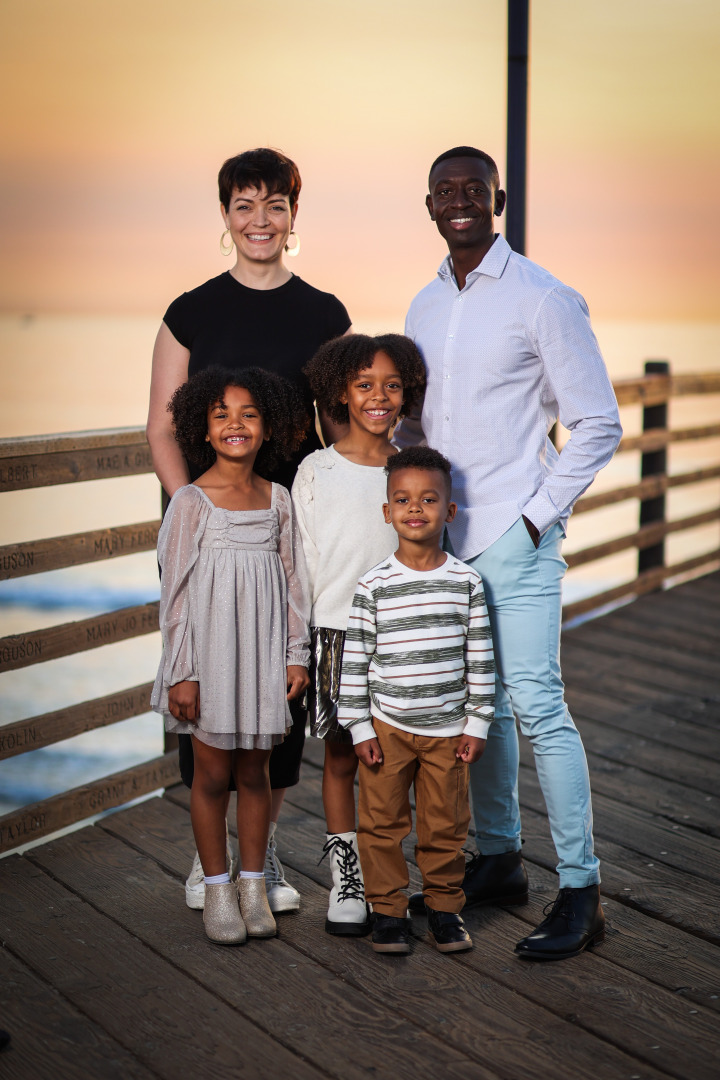
Can you give our readers an introduction to your business? Maybe you can share a bit about what you do and what sets you apart from others?
The Lobiko Initiative is more than a nonprofit. It’s a movement grounded in hope, opportunity, and the belief that ordinary people, when united by love, can create extraordinary change.
We work in the Democratic Republic of the Congo, partnering with local leaders to support vulnerable communities through programs in education, healthcare, economic development, and social support. What sets us apart is our holistic, people-centered approach. We don’t just deliver services, we invest in local changemakers who are already making an impact and help them go further. We listen first, build relationships, and walk alongside leaders who are transforming their own communities from within.
Since our founding in 2020, we’ve served over 25,000 people—children, families, students, farmers, caregivers, and elders. We’ve helped create safe spaces for healing, access to life-saving medical care, economic opportunity, and pathways to education and dignity.
Getting here hasn’t been easy. I started Lobiko while raising a young family and carrying the weight of my own story, one shaped by war, displacement, and loss. There were moments when the need felt overwhelming and the resources too few. But I kept going because I know what it means to be given a chance when everything feels lost. And I know what happens when we act with compassion and purpose—lives change.
One of the most important lessons I’ve learned is that real change happens when we value people over projects, when we lead with humility, and when we choose to keep showing up, even when it’s hard.
Lobiko means holistic well-being and salvation in Lingala. That is our mission and our promise. To create spaces where people are not just helped, but deeply known, deeply valued, and fully equipped to live into the fullness of who they are.
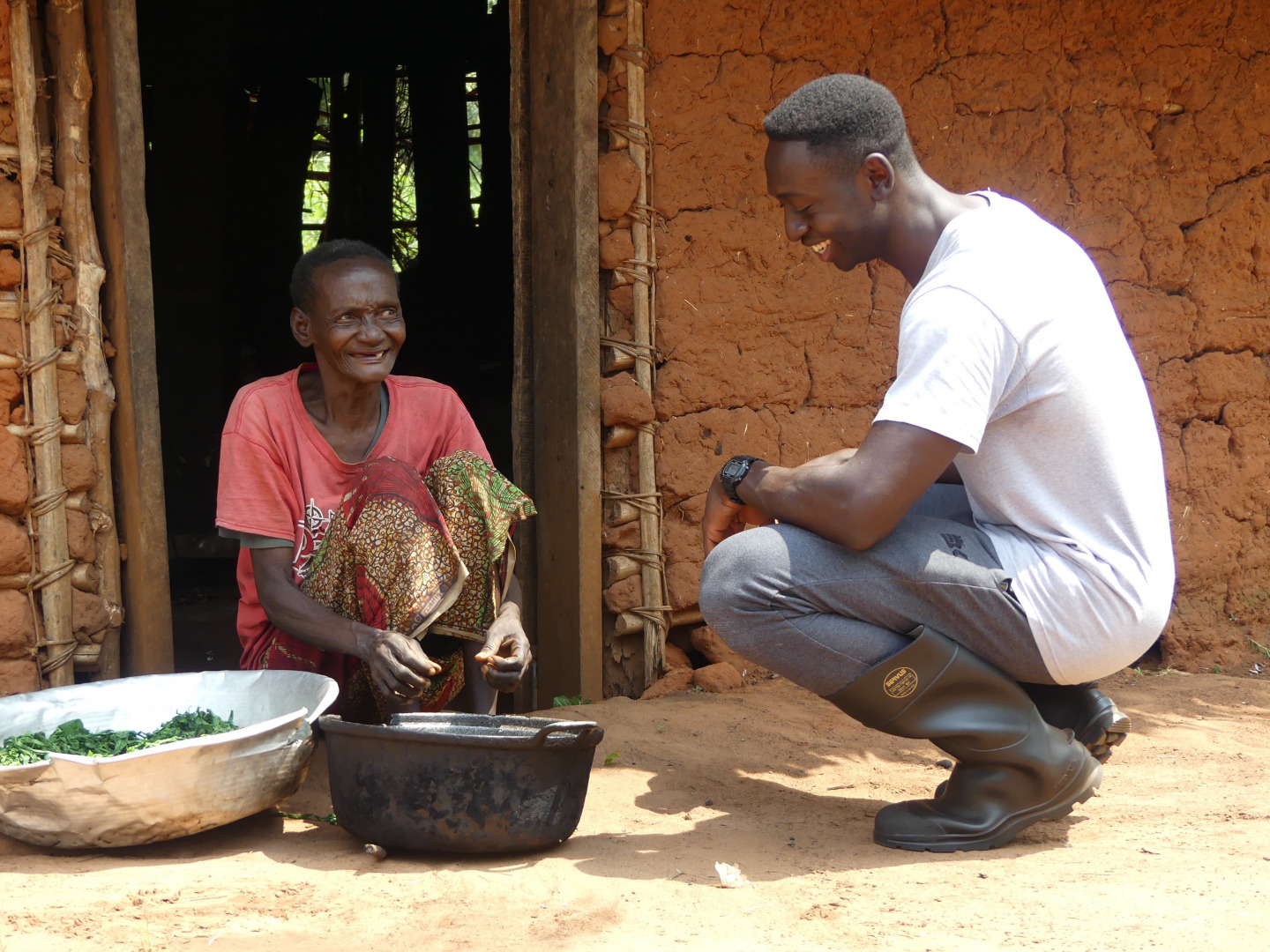
Any places to eat or things to do that you can share with our readers? If they have a friend visiting town, what are some spots they could take them to?
My favorite place to visit is La Jolla Cove and the surrounding area. I love spending time by the ocean, exploring the cliffs, and watching the sea lions. I’m a big fan of seafood, though I don’t have any go-to spots just yet. I’m always open to discovering new favorites.
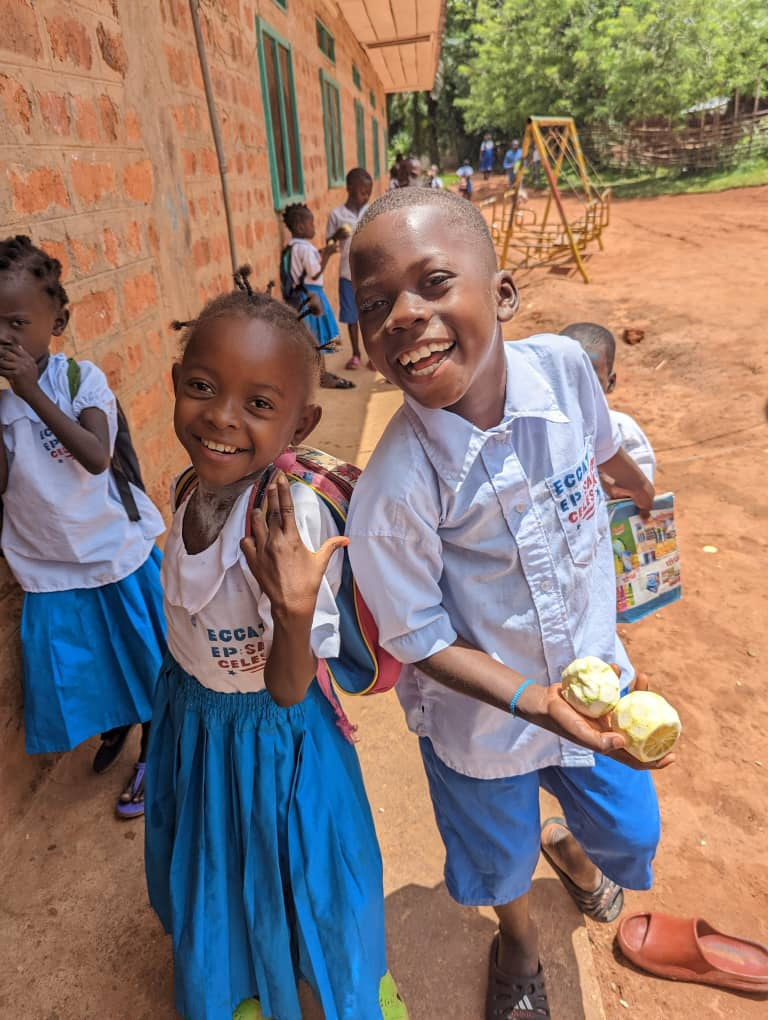
Who else deserves some credit and recognition?
I want to start by honoring the Breul family. They took me in during one of the most vulnerable times in my life and gave me more than a place to stay. They showed me what it means to love others fully, without condition. Their generosity, patience, and belief in me helped shape the person I am today. They didn’t just change my circumstances, they changed my heart.
I also want to recognize the University of San Francisco and Fresno State University. Both were pivotal in my journey. They gave me space to reflect, wrestle with big questions, and discover my purpose. I walked away from those experiences not just with degrees, but with a deeper understanding of who I am and what I’m called to do.
To the people in Congo, your resilience continues to fuel my work. You have taught me the meaning of strength, perseverance, and dignity in the face of unimaginable hardship. Your stories keep me grounded and committed.
And a heartfelt thank you to Randy Farris and Rabbi Lee Bycel. You helped me understand that my story matters, that there is power in sharing it with honesty and purpose. Your encouragement gave me the courage to step into my calling and speak up for those whose voices often go unheard.
So much of who I am has been shaped by the love, mentorship, and strength of others. I carry their impact with me every day.
Website: https://www.lobiko.org/
Instagram: https://www.instagram.com/lobikoinitiative
Linkedin: https://www.linkedin.com/company/lobikoinitiative
Facebook: https://www.facebook.com/lobikoinitiative
Youtube: https://www.youtube.com/@LobikoInitiative
